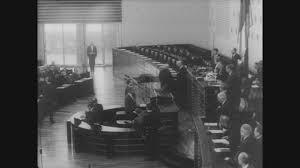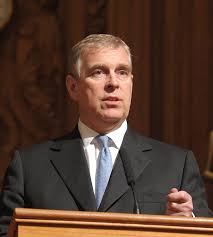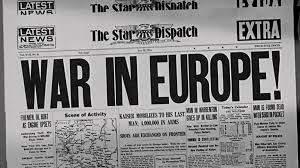The German Chancellor: An Overview of Current Affairs

Introduction
The role of the German Chancellor is pivotal in shaping both national and European policies. As Europe’s largest economy, Germany’s leadership under the Chancellor significantly influences global politics and economic strategies. The current Chancellor, Olaf Scholz, has faced a myriad of challenges ranging from energy crises to international relations amid geopolitical tensions.
Recent Developments
Since taking office in December 2021, Olaf Scholz has been navigating the complexities of the post-pandemic recovery and the ongoing war in Ukraine. His government has focused on securing energy supplies for Germany, leading to a major shift from Russian gas dependency. This has included diversifying sources and investing in renewable energy, a move that has garnered both local and abroad support but also criticism for the pace of transition.
Moreover, Scholz’s administration has seen rising inflation rates, currently at historic highs, partly driven by energy prices. In response, the government has introduced various financial relief measures aimed at stabilizing the economy while ensuring energy security. These decisions are critical as they affect not just economic stability in Germany but also have repercussions throughout the European Union.
Political Challenges
The Chancellor faces challenges from multiple fronts, including intra-coalition disputes over government spending and climate policies. The coalition government, consisting of the Social Democratic Party (SPD), the Greens, and the Free Democratic Party (FDP), has struggled to maintain unity as differing priorities come to the fore. Recently, debates over financial allocations for green initiatives versus immediate economic relief have become particularly contentious.
International Relations
On the international stage, Scholz has positioned Germany as a key player in supporting Ukraine against Russian aggression, committing both humanitarian aid and military assistance. His leadership has been viewed as a departure from Germany’s traditionally cautious foreign policy. Furthermore, his role in navigating relations with the United States and other European nations has amplified concerns regarding future European security dynamics.
Conclusion
As the German Chancellor, Olaf Scholz’s decisions will continue to play a significant role in not only stabilising Germany’s economy but also in shaping the future of Europe. The coming months will crucially test his ability to balance domestic pressures while asserting Germany’s role on the global stage. Observers are keenly watching how Scholz will tackle these challenges and what that means for Germany and its partnerships across Europe and beyond.









